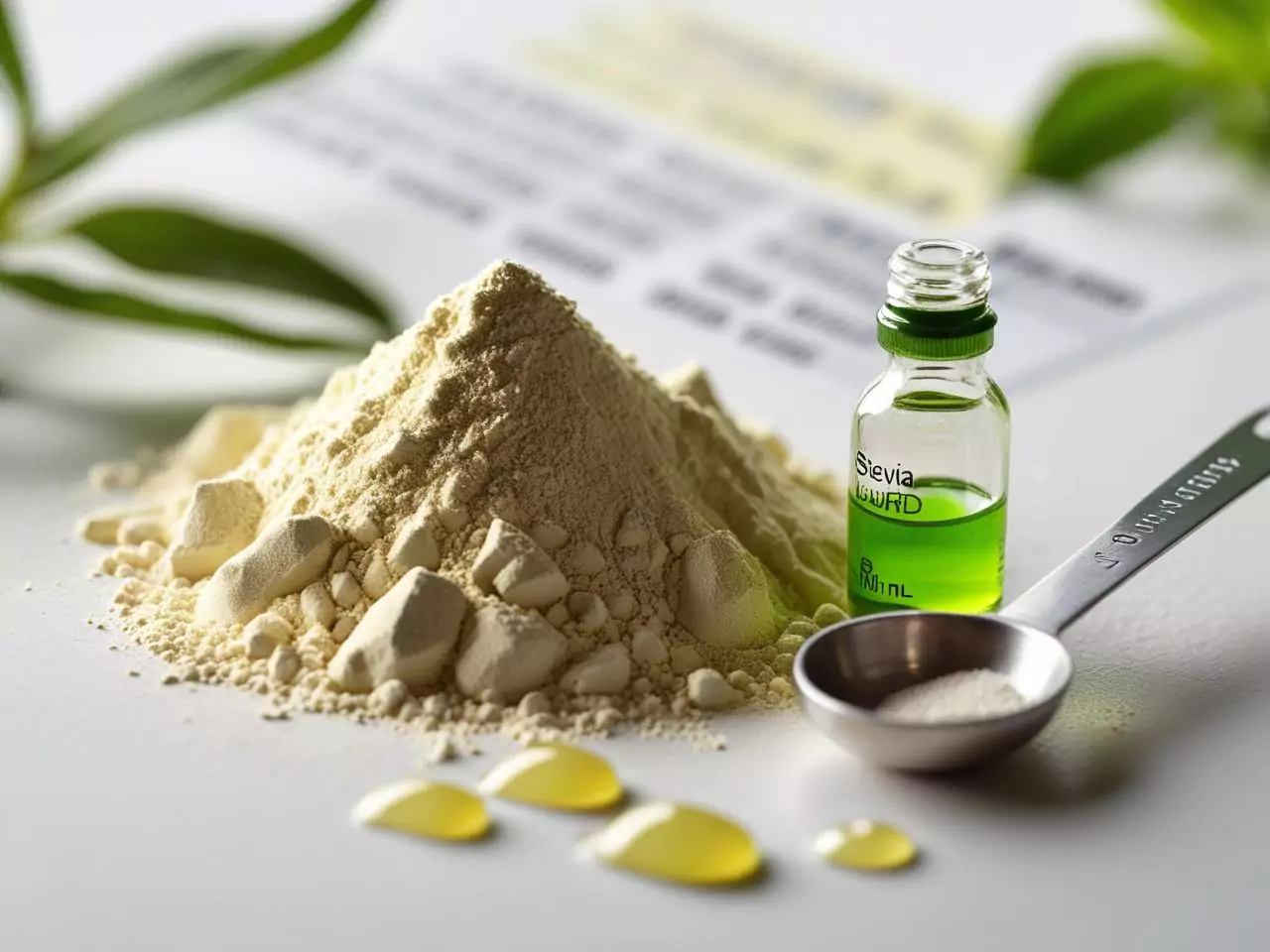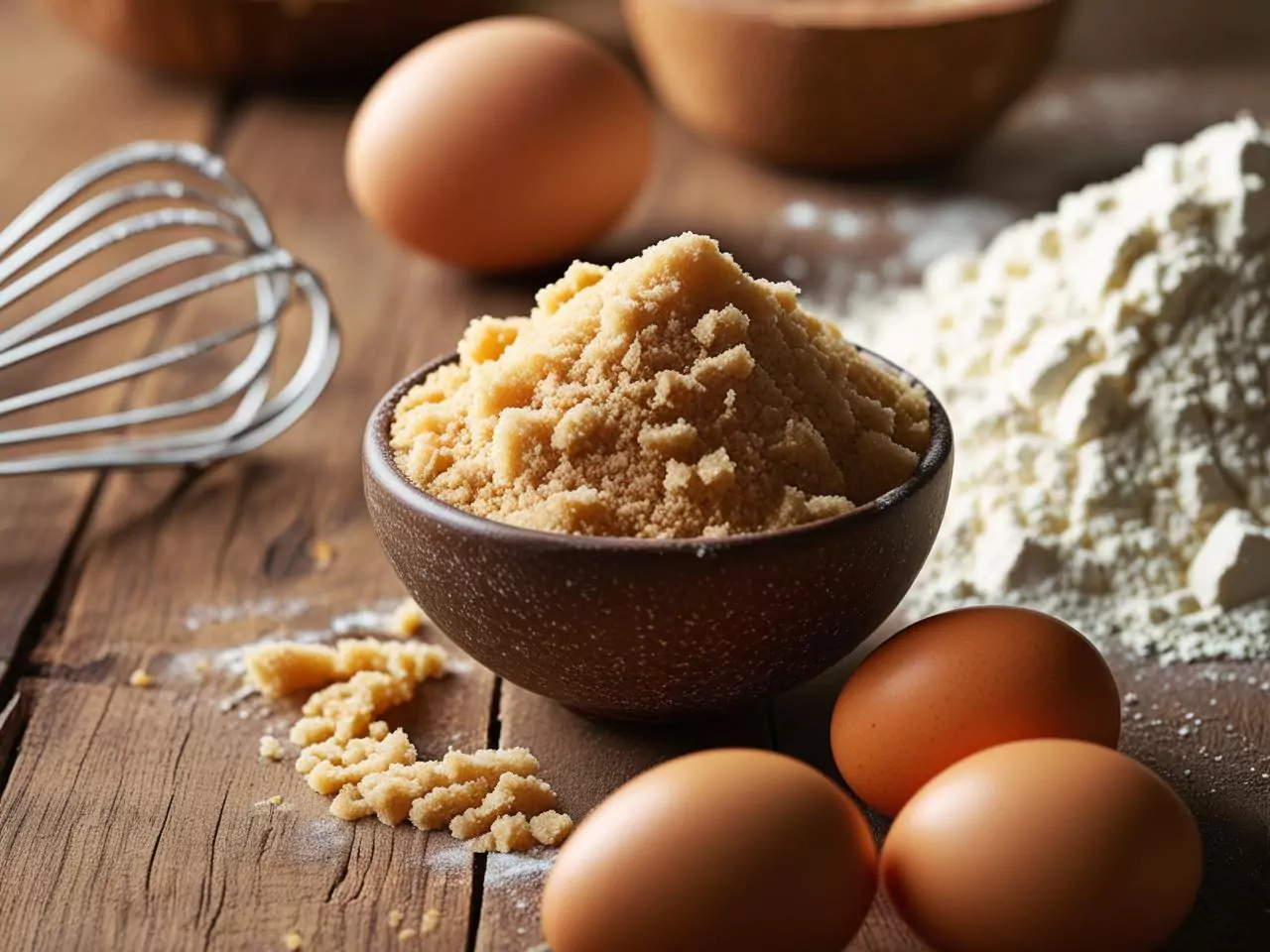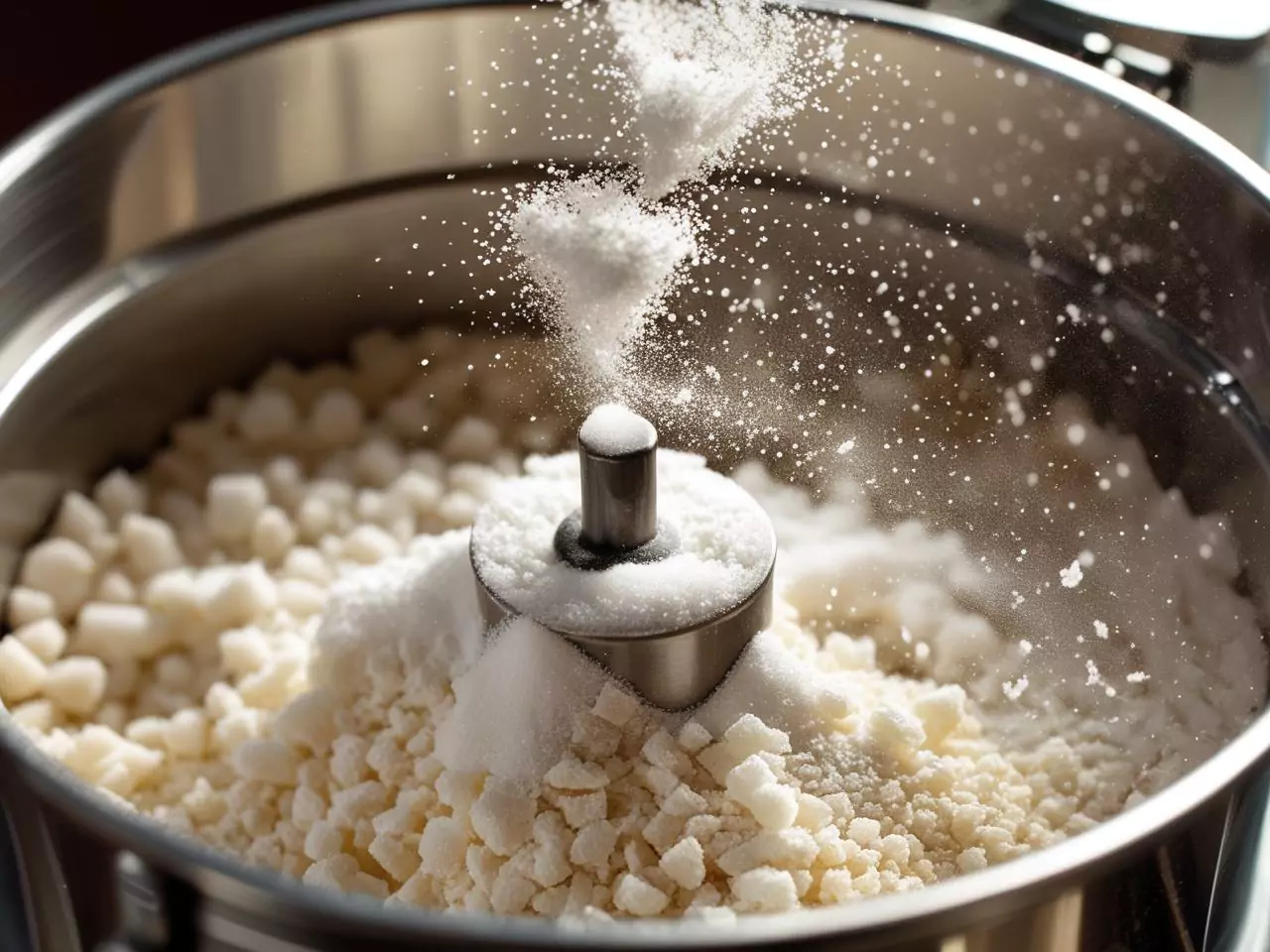
Best Natural Sugar Substitutes for Baking (Complete Guide)
From honey to stevia - discover healthier sweeteners that actually work in your favorite recipes
Read Complete GuideDiscover natural sweeteners that taste amazing and support your health goals. From zero-calorie stevia to mineral-rich coconut sugar, find the perfect substitute for every recipe.

From honey to stevia - discover healthier sweeteners that actually work in your favorite recipes
Read Complete Guide
Out of brown sugar? Make your own in minutes with ingredients you already have
Read Complete Guide
Create powdered sugar at home or discover healthier alternatives for frostings and dusting
Read Complete GuideNatural sugar alternatives offer more than just sweetness - many provide nutrients, have lower glycemic impact, and create unique flavors that enhance your recipes.
Many natural sweeteners have lower glycemic index than white sugar
Coconut sugar, honey, and maple syrup contain beneficial minerals
Avoid energy crashes with steadier blood sugar levels
Natural sweeteners add complexity beyond just sweetness
Coconut sugar is the closest to regular sugar in taste and texture, with a mild caramel flavor. It works as a 1:1 replacement in most recipes without significant taste changes.
No, liquid sweeteners like honey and maple syrup require recipe adjustments. Use ¾ cup liquid sweetener per 1 cup sugar and reduce other liquids by ¼ cup. Also reduce oven temperature by 25°F.
Stevia can have a bitter aftertaste, especially when used in large amounts. Start with very small quantities (it's 200x sweeter than sugar), and consider stevia blends that include other natural sweeteners to balance the flavor.
Mix 1 cup white sugar with 1-2 tablespoons of maple syrup, coconut nectar, or even date syrup. The result won't be identical but provides similar moisture and caramel notes.
Some natural sweeteners like coconut sugar and maple syrup contain trace minerals and have a lower glycemic index, but they're still forms of sugar. The benefit is often in the processing and additional nutrients, not necessarily lower calories.
Many natural sweeteners still affect blood sugar. Stevia, monk fruit, and erythritol are better options for diabetics as they have minimal impact on blood glucose. Always consult with a healthcare provider for personalized advice.